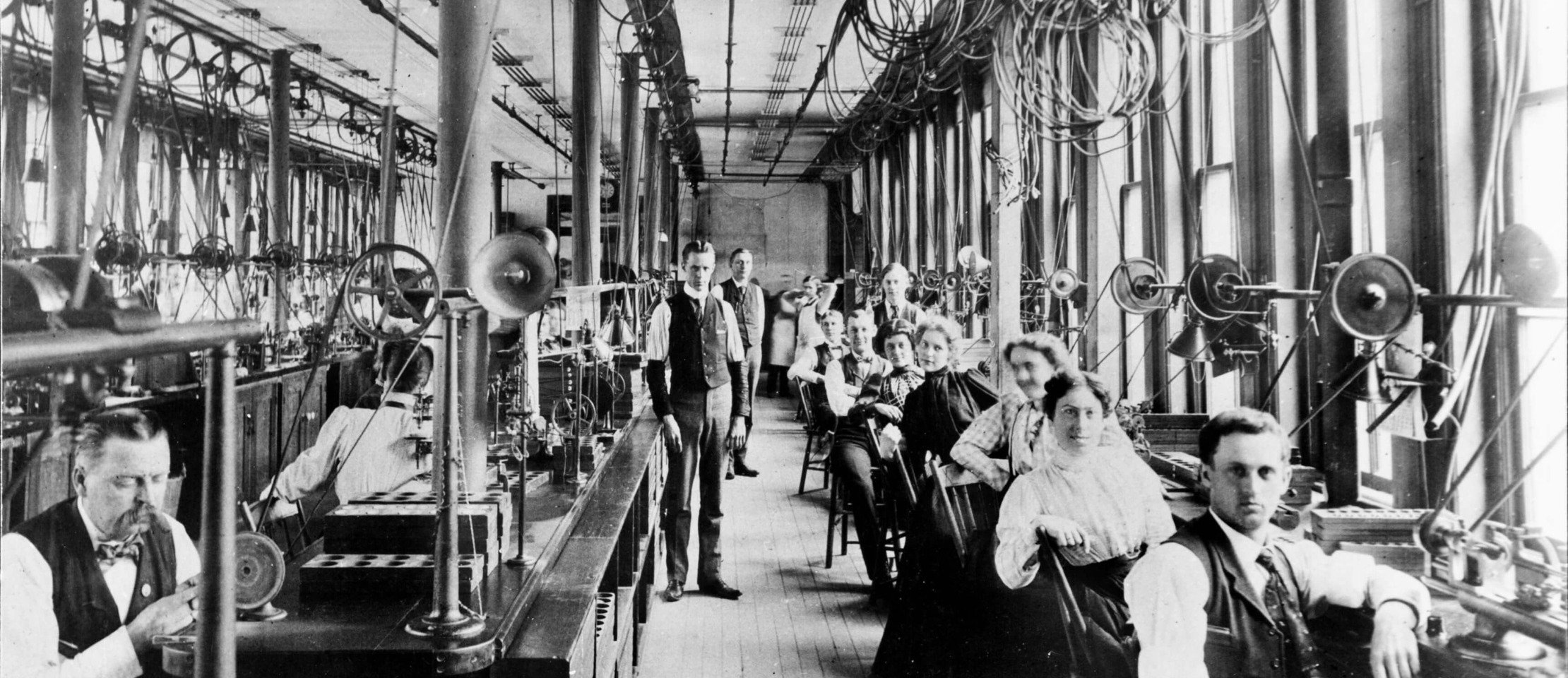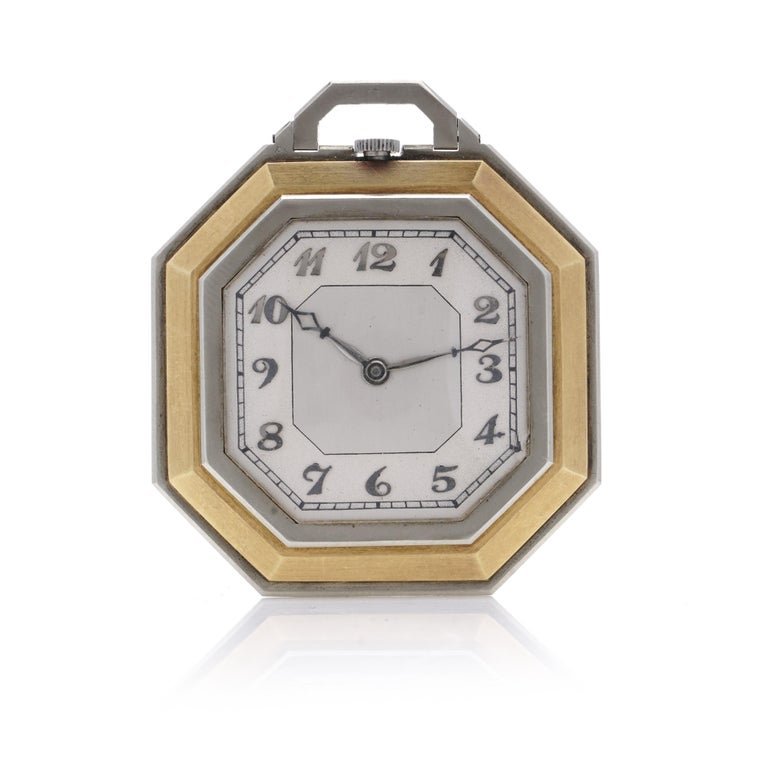Luxury Swiss Watches: Price Range Guide
Contents
Swiss Watchmaking History
Factors Affecting the Price of Swiss Watches
Swiss Watch Price Ranges
Conclusion
FAQs
Image courtesy of The Luxury Hut
Introduction
Swiss watches have long been the epitome of luxury and craftsmanship in the watchmaking world. With a rich history and a reputation for excellence, they are highly sought after by collectors and enthusiasts alike. But with a vast array of brands and models available, understanding the price range for luxury Swiss watches can be quite overwhelming. In this article, we'll take a closer look at Swiss watchmaking history, the factors affecting their price, and provide a guide to different price ranges.
Swiss Watchmaking History
- Early beginnings
Swiss watchmaking can be traced back to the early 16th century when skilled craftsmen from across Europe began migrating to Switzerland. In 1541, Geneva became the centre of watchmaking, thanks to its skilled artisans and the support of local government.
Image courtesy of Montredo
- Swiss watch industry evolution
Over the centuries, the Swiss watch industry continued to grow, with brands like Patek Philippe, Audemars Piguet, and Vacheron Constantin gaining worldwide recognition. The introduction of the quartz watch in the 1970s presented a challenge to traditional Swiss watchmaking, but the industry adapted and emerged even stronger, maintaining its dominance in the luxury watch market.
Factors Affecting the Price of Swiss Watches
- Brand reputation
Some Swiss brands have been around for centuries, building a strong reputation for quality, innovation, and craftsmanship. The heritage and prestige associated with these brands play a significant role in determining the price of their watches.
Source: Google
Image Source: Douglas Magazine
- Craftsmanship
Swiss watches are renowned for their intricate mechanical movements and fine craftsmanship. The level of skill, expertise, and time required to create these timepieces contributes to their price.
- Materials
Luxury Swiss watches often use high-quality materials, such as gold, platinum, and precious gems, which can significantly impact their price.
Image Source: Gear Patrol
Image Source: Watch Collecting Lifestyle
- Exclusivity
Many Swiss watch brands produce limited edition models or numbered series, increasing their desirability and value. The scarcity of these timepieces makes them more expensive.
- Complications
The more complex a watch's movement and functions, the higher its price. Complications such as perpetual calendars, minute repeaters, and tourbillons are highly sought after and can drive up the price of a watch.
Image Source: Watchfinder
Swiss Watch Price Ranges
- Entry-level luxury
Entry-level Swiss luxury watches typically range from £1,000 to £5,000. In this price range, you can find reputable brands such as Tissot, Oris, Tudor and Longines. These watches often feature automatic or mechanical movements, stainless steel cases, and sapphire crystals. They may also have basic complications like date functions and chronographs.
- Mid-range luxury
The mid-range luxury Swiss watches are priced between £5,000 and £20,000. Brands in this category include TAG Heuer, Breitling, and IWC. These watches typically feature higher-end materials like gold and titanium, more complex complications, and in-house movements. The craftsmanship and attention to detail are also more refined in this price range.
- High-end luxury
High-end luxury Swiss watches, priced between £20,000 and £100,000, encompass some of the most prestigious brands, such as Rolex, Omega, Jaeger-LeCoultre, and Patek Philippe. These timepieces often feature highly complicated movements, exquisite craftsmanship, and exclusive designs. They may also include precious materials like gold, platinum, and diamonds.
- Ultra-luxury
Ultra-luxury Swiss watches are the pinnacle of horological artistry and can cost well over £100,000. Brands in this category include Audemars Piguet, Vacheron Constantin, and Richard Mille. These watches represent the ultimate in craftsmanship, featuring highly complicated and innovative movements, as well as extremely rare and valuable materials.
PATEK PHILIPPE NAUTILUS TRAVEL TIME CHRONOGRAPH NOS 5990/1A-001
£175,000
Source: Watch Centre
Vacheron Constantin Traditionnelle Tourbillon Self Winding
£146,000
Source: Chisholm Hunter
Conclusion
Luxury Swiss watches span a wide range of prices, reflecting the varying levels of craftsmanship, materials, exclusivity, and complications. From entry-level luxury to ultra-luxury timepieces, there is a Swiss watch for every budget and taste. By understanding the factors affecting the price and the various price ranges, you can make a more informed decision when purchasing a luxury Swiss watch.
Source: Luxe Watches
All Credits of Chart to Luxe Watches
FAQs
1. Why are Swiss watches so expensive?
Swiss watches are expensive due to their exceptional craftsmanship, high-quality materials, brand reputation, and often, the presence of complex complications. The time and skill required to create these timepieces contribute to their high price.
2. Are entry-level Swiss watches worth the investment?
Yes, entry-level Swiss watches can be an excellent investment, as they offer exceptional quality, reliability, and often hold their value well over time. Brands like Tissot, Oris, and Longines are known for producing reliable and attractive timepieces at accessible prices.
3. What is the most expensive Swiss watch brand?
There isn't a single most expensive Swiss watch brand, as several ultra-luxury brands produce extremely high-end timepieces. Examples of these brands include Patek Philippe, Audemars Piguet, Vacheron Constantin, and Richard Mille.
4. Are Swiss watches a good investment?
Swiss watches can be a good investment, especially if you choose well-known and respected brands with a history of holding their value. However, it's essential to remember that not all watches appreciate in value, and the watch market can be unpredictable.
5. How often should I service my Swiss watch?
It's generally recommended to service a Swiss watch every 3 to 5 years, depending on the manufacturer's recommendations and the specific model. Regular servicing ensures that your watch continues to function optimally and maintains its value.






















